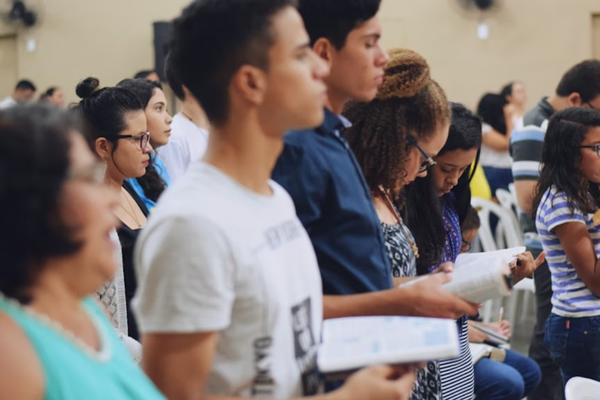ON Menstrual Hygiene Day, a mother from Gaza, Mervat, has spoken about the difficulties she has faced providing support to her daughter as she experienced her first period in a displacement camp.
High-quality menstrual hygiene products have all but vanished from Gaza, and despite the almost three-month blockade on aid trucks ending, the volume of supplies entering the enclave is nowhere near enough to sustain the besieged population.
Mervat spoke not just of the material difficulty of sourcing hygiene products for her child amidst the ongoing genocide, but also the emotional toll of being unable to provide basic necessities or privacy as her daughter’s body changes.
“There’s barely any privacy here. Life in a tent is nothing like life at home”, she said. “When my daughter got her first period, it was hard for her to cope. I did everything I could to comfort her, to help her understand that even with the pain, a girl still needs her own space.
“I reassured her it’s normal, [it’s] nothing to be afraid of. We’d talked about this before. I tried to help her see that what she is going through is something every girl experiences.
“But the real problem started when sanitary pads disappeared from the market. At first, I had enough to last us a month or so but once they ran out — and everything else was cut off — I had no choice but to buy pads that are not the best quality available.”
According to a 2024 report from the UNFPA, a UN agency focused on improving reproductive and maternal health, there are over 690,000 menstruating women and adolescent girls in Gaza facing limited access to menstrual hygiene products.

Mervat explained that the low-quality sanitary products she purchased made her daughter uncomfortable, and her clothes were no longer suitable for her changing body. She has tried to do what she can, but with water shortages and limited supplies, their situation is becoming increasingly more desperate.
She added: “As a mother, I feel helpless. Unable to give my daughter something so basic, something she should always have during her period.
“Every girl deserves access to these essentials. Sanitary pads, hygiene products — these should be a given.
“Feeling helpless and not being able to protect or provide affects her too. She’s still just a child, even as her body changes.”







